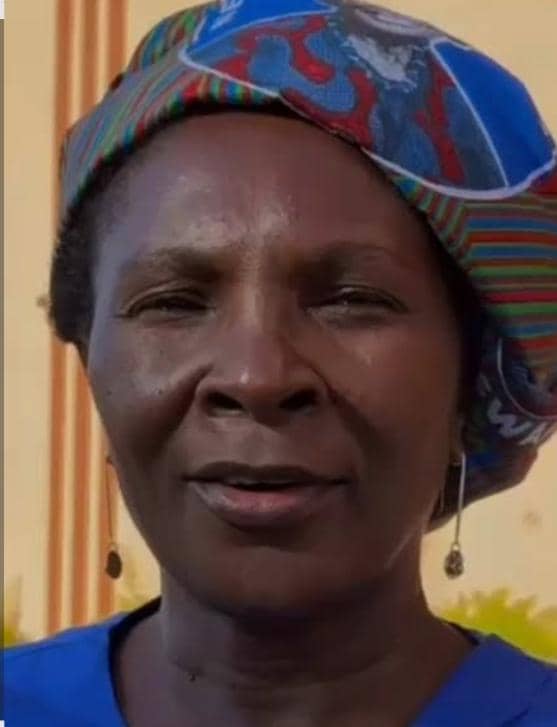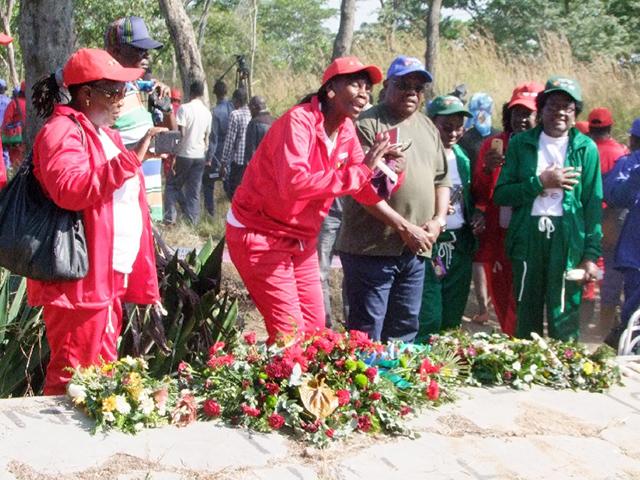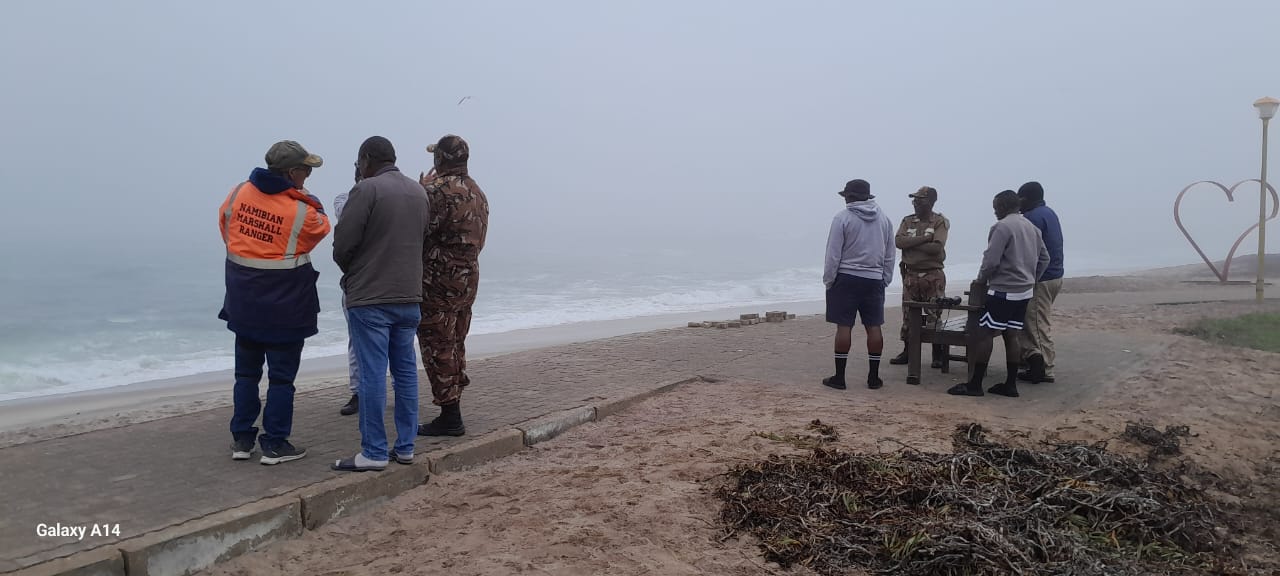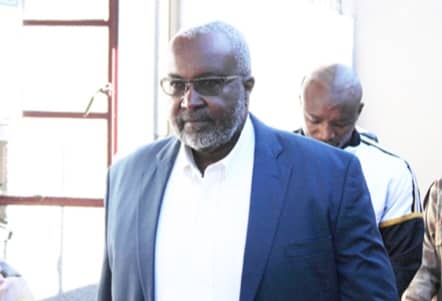I SPENT the biggest part of last week in the small and sleepy Italian town of Brindisi, right on the shores of the Adriatic Sea.
Brindisi’s quietness contrasts sharply with Rome, and to be more specific, Piazza San Pitro, where hordes of Africans, mostly displaced by violence and economics in their countries of origin, sell all sorts of counterfeit products. Brindisi is insignificant to many Africans, but as a town it has a life of far more importance than many Africans would imagine.Firstly, it is home to the United Nations Logistics Base.Secondly, it serves as a training centre for United Nations officials en route to some of the most dangerous zones in the world – Darfur, Chad, Iraq etc.Meeting these officials is an uneasy experience in the sense that they risk their lives to end human suffering in these zones.But most importantly, it fills one with a sense of urgency about the state of the human being in Africa.To cut to the chase, I raise the question of Brindisi and Rome’s African traders to put in perspective comments made in this paper last week by the recently re-elected Social Affairs Commissioner of the African Union, Bience Gawanas.Her comments appear innocuous and may pass without any critique in many African capitals.But they crystallise the essence of most African capitals, and to be more precise, African policy-making: the lack of urgency and the consequent sacrifice of human life at the expense of power and politically elitist discussions.Admittedly, the flawed entry of the African post-colonial state poses the challenge of state’s civility toward the human being in so many ways.It lacks resources and meaningful capacities to be called a state in the western sense of the term.As a consequence, civility in this western or rather post-Westphalian conception is compromised as the African state is often weak and exists symbolically in terms of the ceremonies and edifices of the state: parliaments, state houses, heroes’ acres, state-of-the-nation addresses etc.This symbolism also explains why (ironically that is) Gawanas defends a worn-out, yet African elitist conception of the state by arguing shockingly: “Often the AU is compared to the European Union and while we take them as (an) example to some extent, countries joining the EU lose some of their sovereignty, which we don’t want”.What Gawanas fails to capture in her categorical “which we don’t want” is that the whole idea behind the success of the EU is that human security is much more important than the sovereignty of the state as a unit.In fact, the European experiment lies in this conception of the individual as the centre of all policy – drawn among others from the fatal state-centric experience of the barbaric Nazi regime in Germany.Furthermore, in this theoretically limping and flawed practical conception of sovereignty, Gawanas rehashes uncritically the SADC position that “an AU government should only come once the sovereignty of individual states is guaranteed and will not be compromised by the powers of that future continental government”.And this begs the trivial question: How is a continental government possible if individual states are not prepared to lose their sovereignty? Can we prepare omelettes without breaking the eggs? Certainly, such an argument has no leg to stand on.The intention of the African Union is to frame and shape the macro-rules within which the economic and geopolitical life takes place in individual states, even if it has little direct impact at present on our lives as ordinary Africans.The things that are of interests to us such as health, education, tax, and crime are all overwhelmingly national policy areas.For the AU to occupy these policy spaces would inevitably mean the loss of sovereignty.In fact, this is the raison d’être of an effective African Union.For Africa to speak with “one voice” as our leaders often postulate translates in compromise and loss of initial positions.In a symbolic sense, every time our President attends AU summits, he boos our sovereignty.Even if I am not entirely convinced about the feasibility of an African government in its current discussion, the view that should be underscored here is that sovereignty should not be the starting point for a discussion about a continental government.For Africa to take Brindisi out of business, it is the individual who should be the centre of our security discourse.I argue this way because at the heart of sovereignty lies the lack of urgency about human security in Africa: from the genocide in Darfur to the tragedy that is Zimbabwe in our own backyard.* Alfredo Tjiurimo Hengari is a PhD fellow in political science at the University of Paris- Panthéon Sorbonne, France.Brindisi is insignificant to many Africans, but as a town it has a life of far more importance than many Africans would imagine.Firstly, it is home to the United Nations Logistics Base.Secondly, it serves as a training centre for United Nations officials en route to some of the most dangerous zones in the world – Darfur, Chad, Iraq etc.Meeting these officials is an uneasy experience in the sense that they risk their lives to end human suffering in these zones.But most importantly, it fills one with a sense of urgency about the state of the human being in Africa.To cut to the chase, I raise the question of Brindisi and Rome’s African traders to put in perspective comments made in this paper last week by the recently re-elected Social Affairs Commissioner of the African Union, Bience Gawanas.Her comments appear innocuous and may pass without any critique in many African capitals.But they crystallise the essence of most African capitals, and to be more precise, African policy-making: the lack of urgency and the consequent sacrifice of human life at the expense of power and politically elitist discussions.Admittedly, the flawed entry of the African post-colonial state poses the challenge of state’s civility toward the human being in so many ways.It lacks resources and meaningful capacities to be called a state in the western sense of the term.As a consequence, civility in this western or rather post-Westphalian conception is compromised as the African state is often weak and exists symbolically in terms of the ceremonies and edifices of the state: parliaments, state houses, heroes’ acres, state-of-the-nation addresses etc.This symbolism also explains why (ironically that is) Gawanas defends a worn-out, yet African elitist conception of the state by arguing shockingly: “Often the AU is compared to the European Union and while we take them as (an) example to some extent, countries joining the EU lose some of their sovereignty, which we don’t want”.What Gawanas fails to capture in her categorical “which we don’t want” is that the whole idea behind the success of the EU is that human security is much more important than the sovereignty of the state as a unit.In fact, the European experiment lies in this conception of the individual as the centre of all policy – drawn among others from the fatal state-centric experience of the barbaric Nazi regime in Germany.Furthermore, in this theoretically limping and flawed practical conception of sovereignty, Gawanas rehashes uncritically the SADC position that “an AU government should only come once the sovereignty of individual states is guaranteed and will not be compromised by the powers of that future continental government”.And this begs the trivial question: How is a continental government possible if individual states are not prepared to lose their sovereignty? Can we prepare omelettes without breaking the eggs? Certainly, such an argument has no leg to stand on.The intention of the African Union is to frame and shape the macro-rules within which the economic and geopolitical life takes place in individual states, even if it has little direct impact at present on our lives as ordinary Africans.The things that are of interests to us such as health, education, tax, and crime are all overwhelmingly national policy areas.For the AU to occupy these policy spaces would inevitably mean the loss of sovereignty.In fact, this is the raison d’être of an effective African Union.For Africa to speak with “one voice” as our leaders often postulate translates in compromise and loss of initial positions.In a symbolic sense, every time our President attends AU summits, he boos our sovereignty.Even if I am not entirely convinced about the feasibility of an African government in its current discussion, the view that should be underscored here is that sovereignty should not be the starting point for a discussion about a continental government.For Africa to take Brindisi out of business, it is the individual who should be the centre of our security discourse.I argue this way because at the heart of sovereignty lies the lack of urgency about human security in Africa: from the genocide in Darfur to the tragedy that is Zimbabwe in our own backyard.* Alfredo Tjiurimo Hengari is a PhD fellow in political science at the University of Paris- Panthéon Sorbonne, France.
Stay informed with The Namibian – your source for credible journalism. Get in-depth reporting and opinions for
only N$85 a month. Invest in journalism, invest in democracy –
Subscribe Now!










